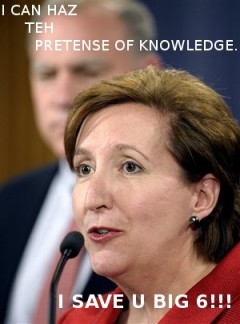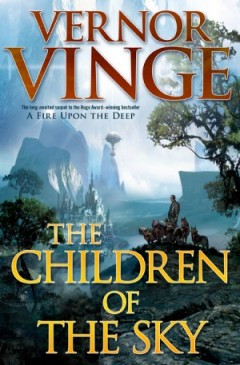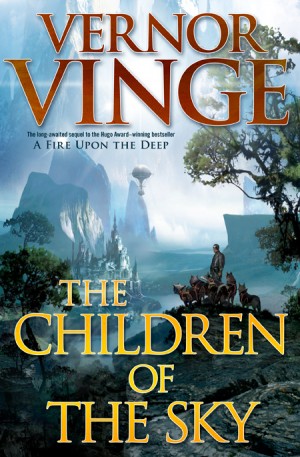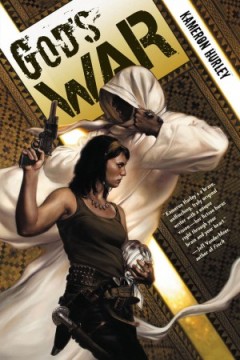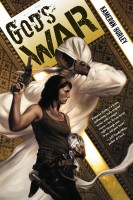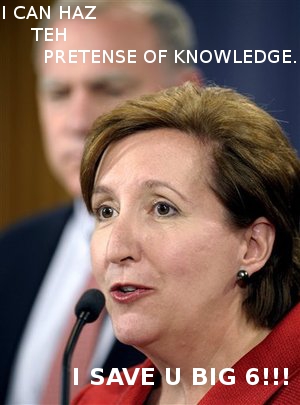
Get this: The federal bureaucrat who last month started the litigation against Apple and book publishers for ebook pricing is the same person who, back in the stone age, represented Netscape in its lawsuit against Microsoft.
Recall that Microsoft was trying to give away its Internet Explorer to computer users for free. Netscape went nuts and got the government to clobber Microsoft for being so nice to consumers. It put the company through litigation hell and even demanded that Microsoft change its operating system code to untie it from IE.
The person’s name is Sharis Pozen, and she is acting head of the Justice Department’s antitrust division and a political appointee of the Obama administration. She claims that she is threatening state violence against Apple and publishers for pricing collusion — and that it’s her job to protect consumers.
Interesting. She began her career trying to protect the rights of an old-line company to rip off consumers. To her, a price of zero was unfair competition. She was sure that a browser should be a paid product. The progress of history flattens that argument. Today, dozens of companies beg you to download their browser for free. Browser use is all over the place, sort of like a free market. There is no Microsoft monopoly, contrary to the overheated predictions.
Given that history, one might suppose she would retire from public life and maybe go into flower arranging or something. Instead, she is still at it. Last year, she denied a proposed merger between T-Mobile and AT&T that would have improved your cell service. This year, she says that a deal between publishers and Apple is harming consumers, so she has to act.
